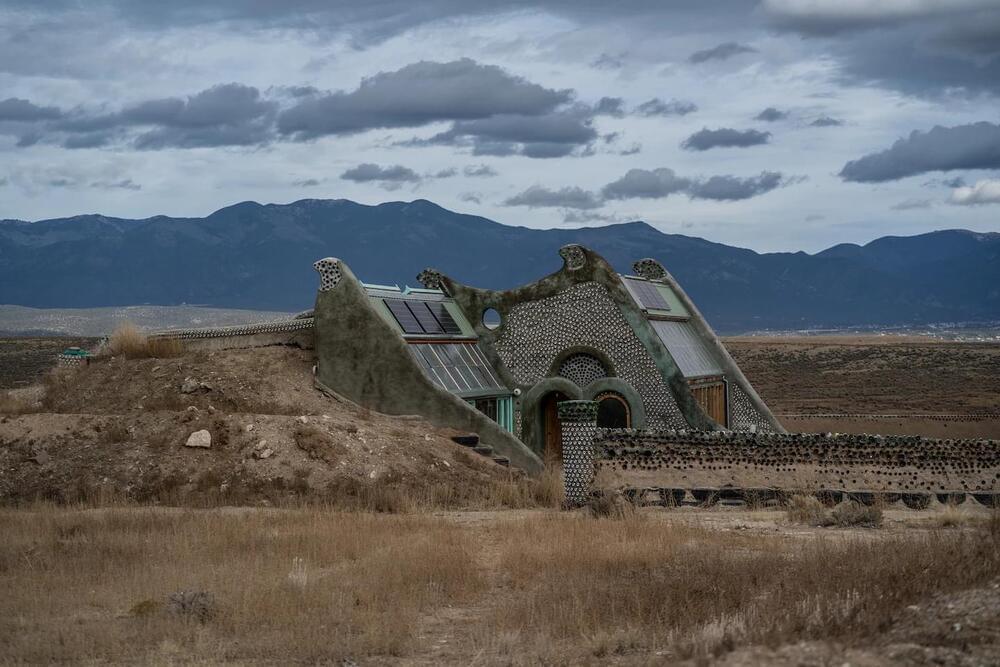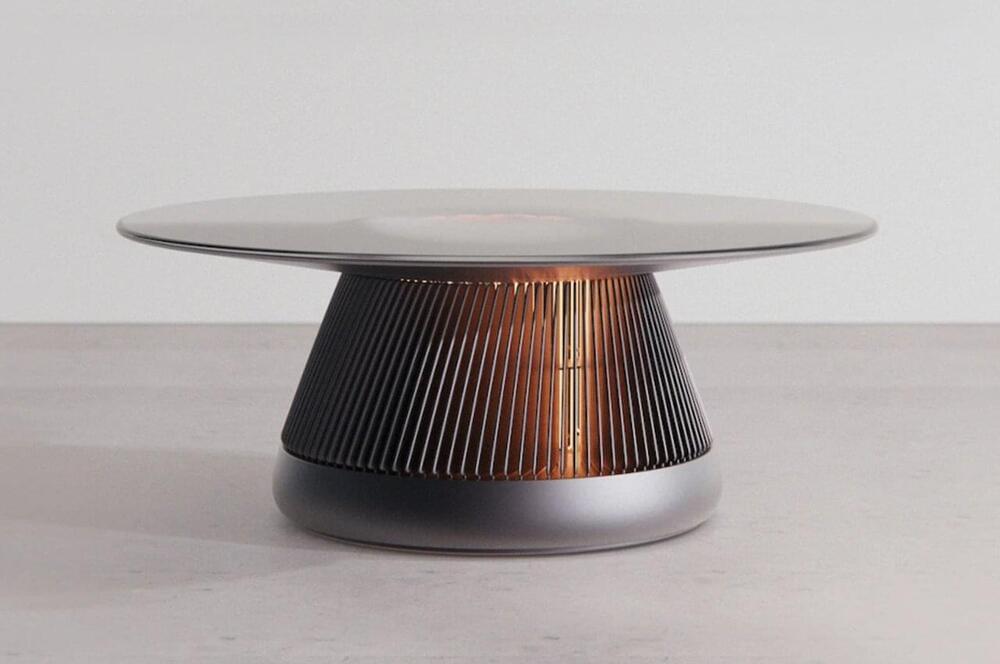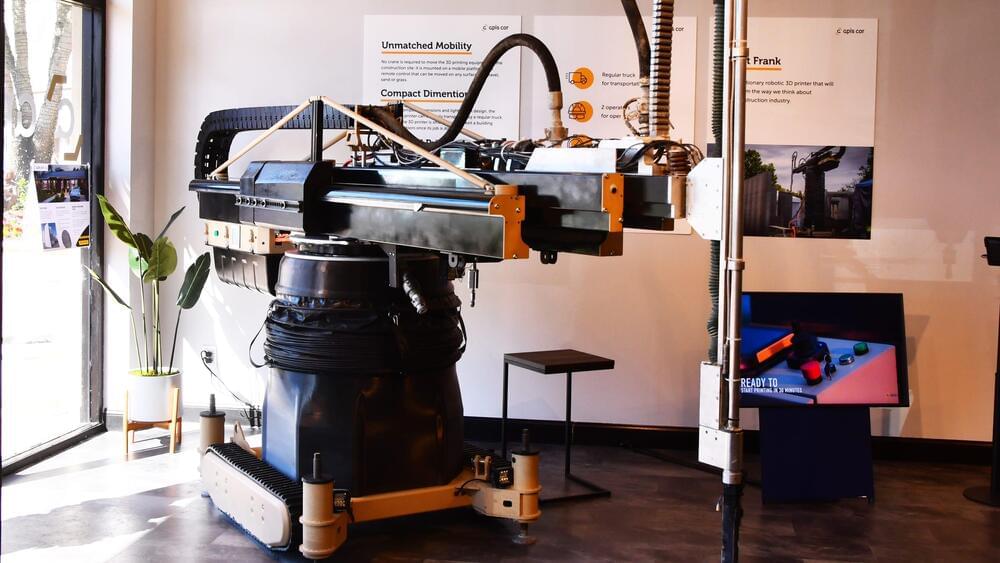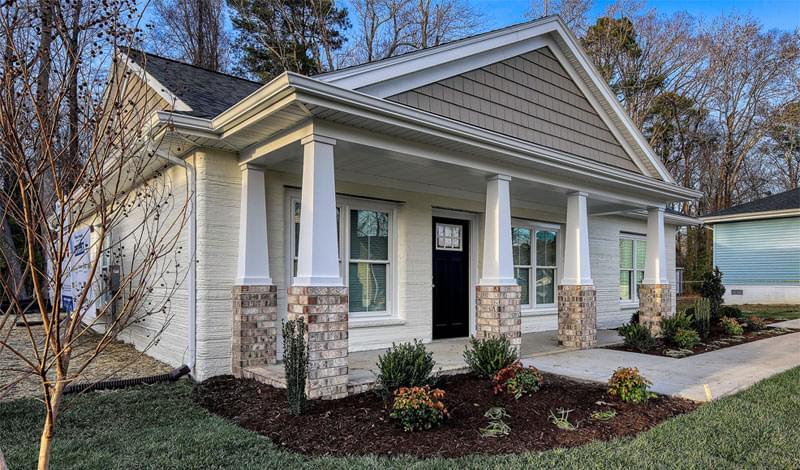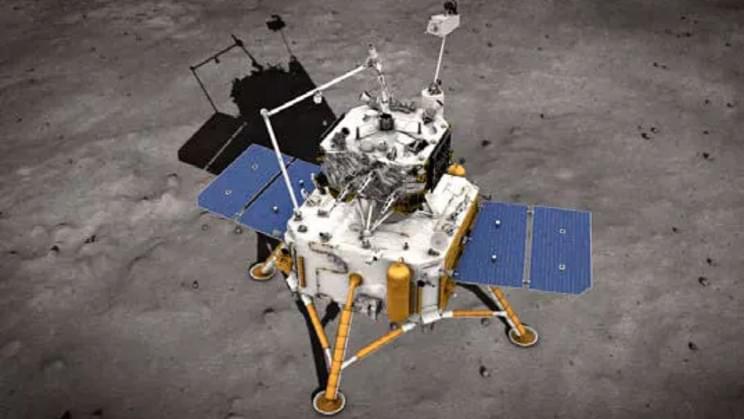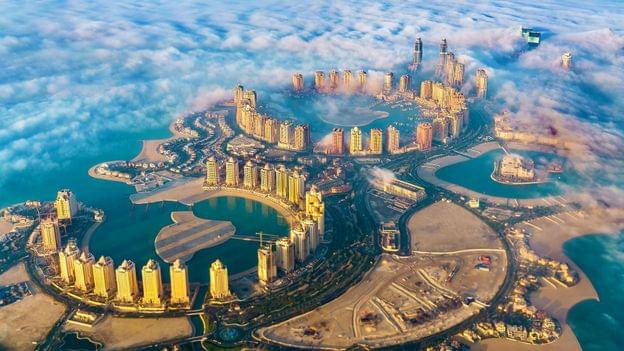Jan 18, 2022
The First Archaeological Space Experiment Is Happening Aboard the ISS
Posted by Gemechu Taye in categories: habitats, space
‘Bringing archaeological perspectives to an active space domain’.
While most people naturally associate archaeology with ancient remains and treasured artifacts, one group of scientists is breaking that mold by kickstarting the first-ever archaeological project aboard the International Space Station (ISS), a press statement reveals.
It is the first time such a project has taken place aboard any space habitat and its aim is to catalog how humans adapt their living behaviors while in space for months at a time. As a point of reference, the longest stay aboard the ISS so far is NASA astronaut Christina Koch’s 328-day stay, which ended last year.
Continue reading “The First Archaeological Space Experiment Is Happening Aboard the ISS” »

